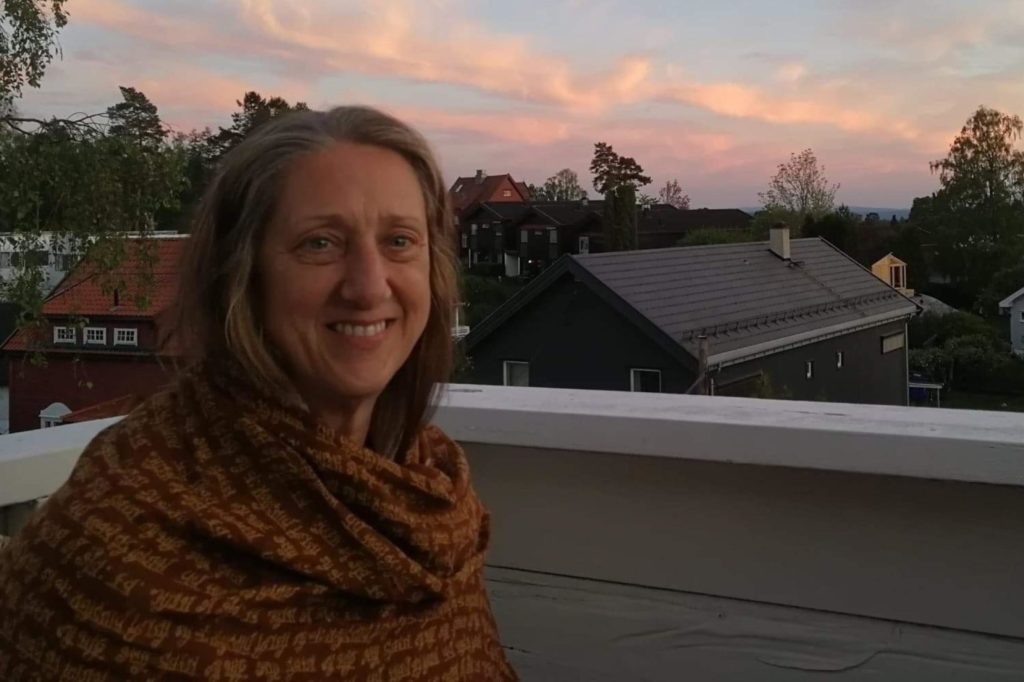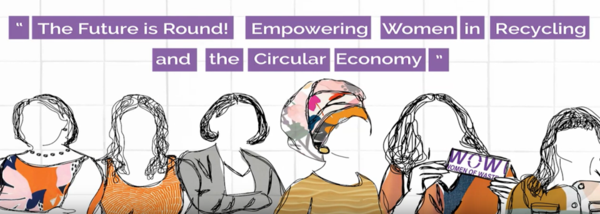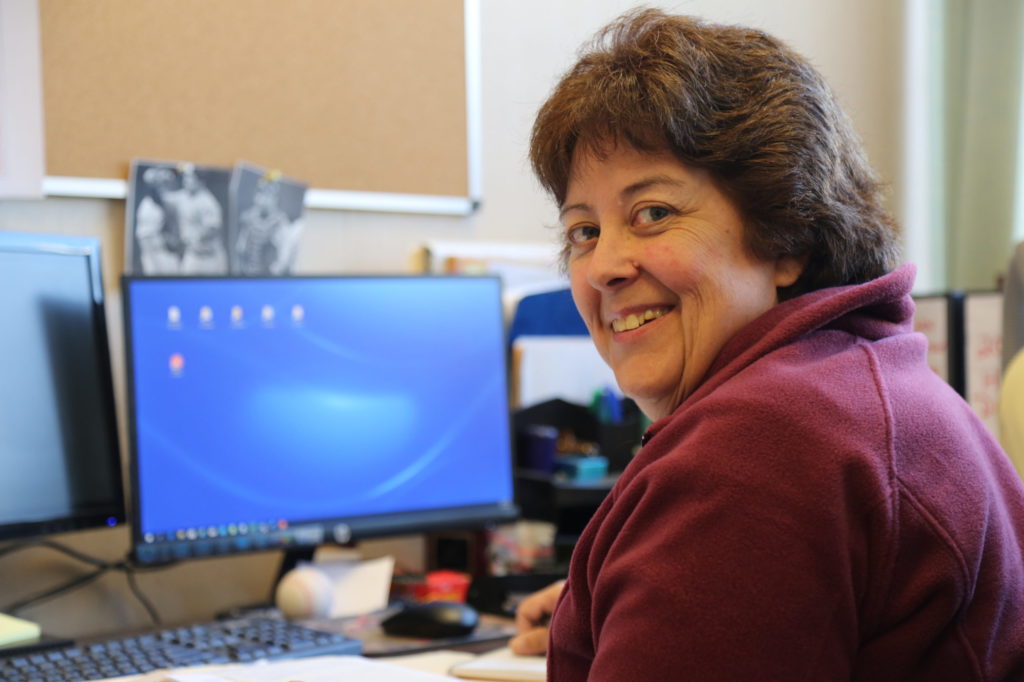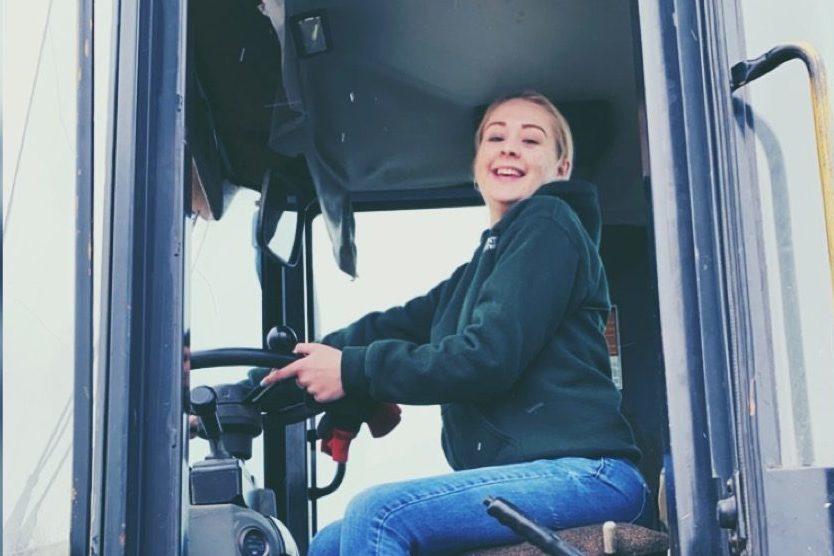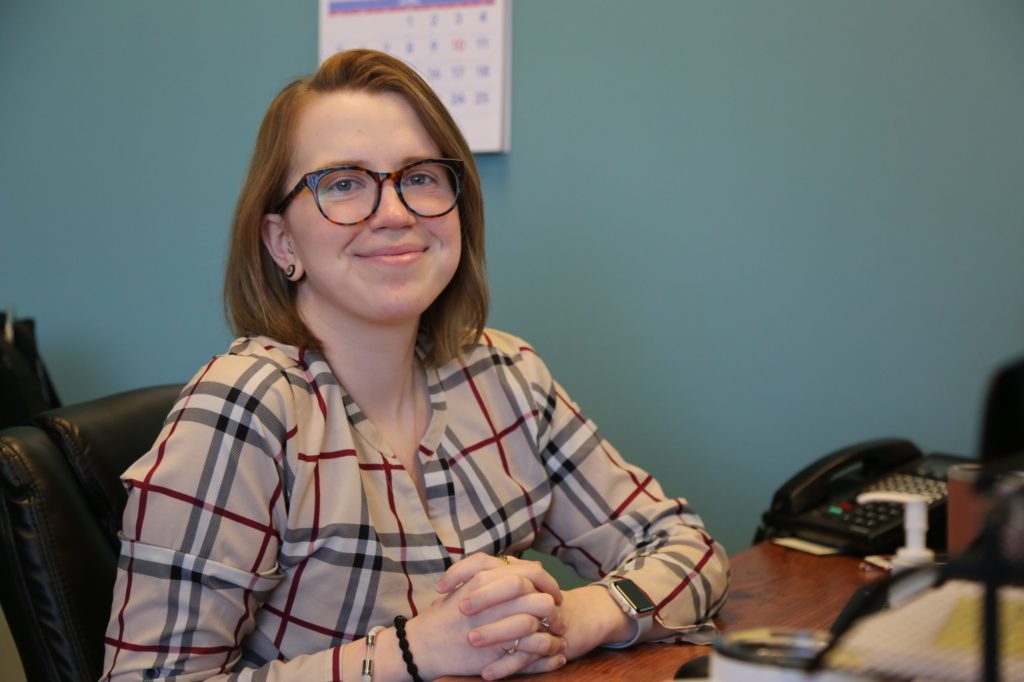CONTACT INFORMATION:
Rutland County Solid Waste District
Mark S. Shea, District Manager
802.775.7209
mshea@rcswd.com
FOR IMMEDIATE RELEASE:
Rutland, Vermont – Rutland County Solid Waste District/ Mark S. Shea, District Manager Presents that Rutland County Solid Waste District receives SWIP Grant (2020)
Rutland County Solid Waste District has received a Grant for 2020 in the amount of $43,319.01 from the Department of Environmental Conservation to assist with the costs associated with the collection, management and disposal of Hazardous Waste and Household Hazardous Waste (HHW). Household Hazardous Waste (HHW) includes any household products labelled “caution, toxic, danger, hazard, warning, poisonous, reactive, corrosive, or flammable”. These items include paint, cleaners, motor oil, oxidizers, adhesives, epoxy resins, aerosol cans, acids, fluorescent light bulbs, batteries, mercury, and more.
This money helps in its compliance with the state requirements of the State Materials Management Plan (MMP) and Solid Waste Implementation Plan (SWIP).
Reduce – Reuse – Recycle – Compost


